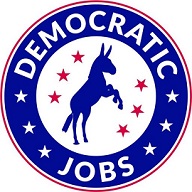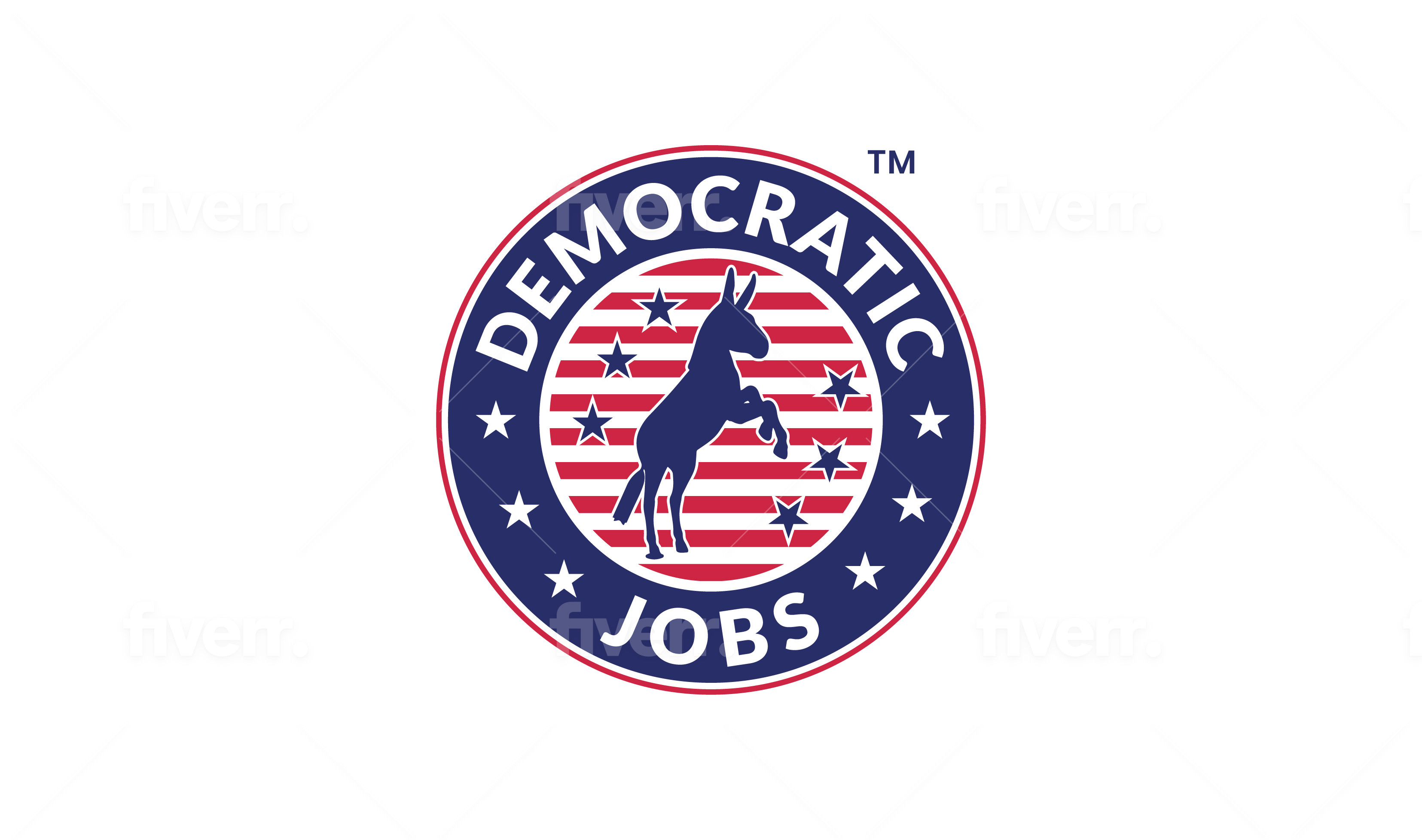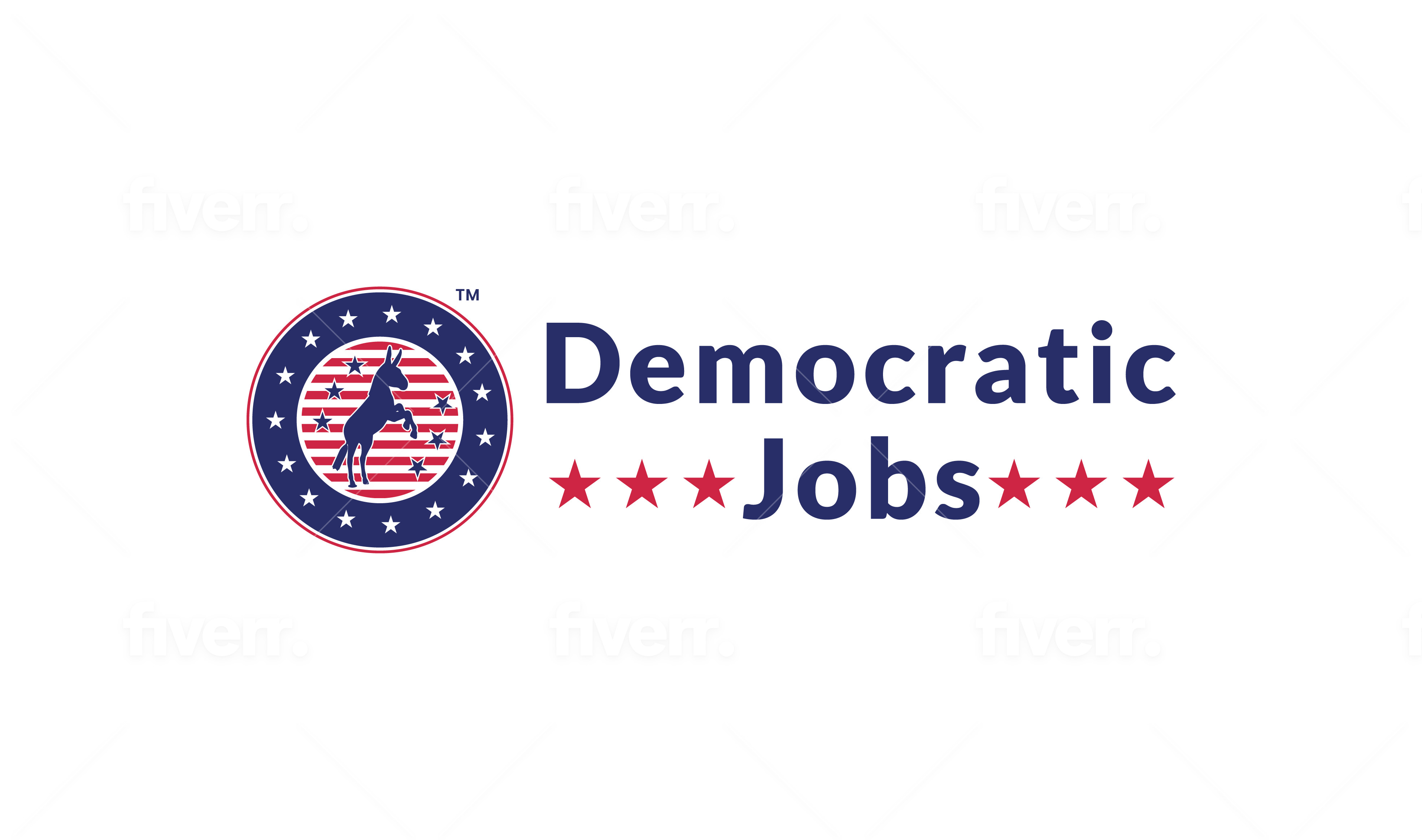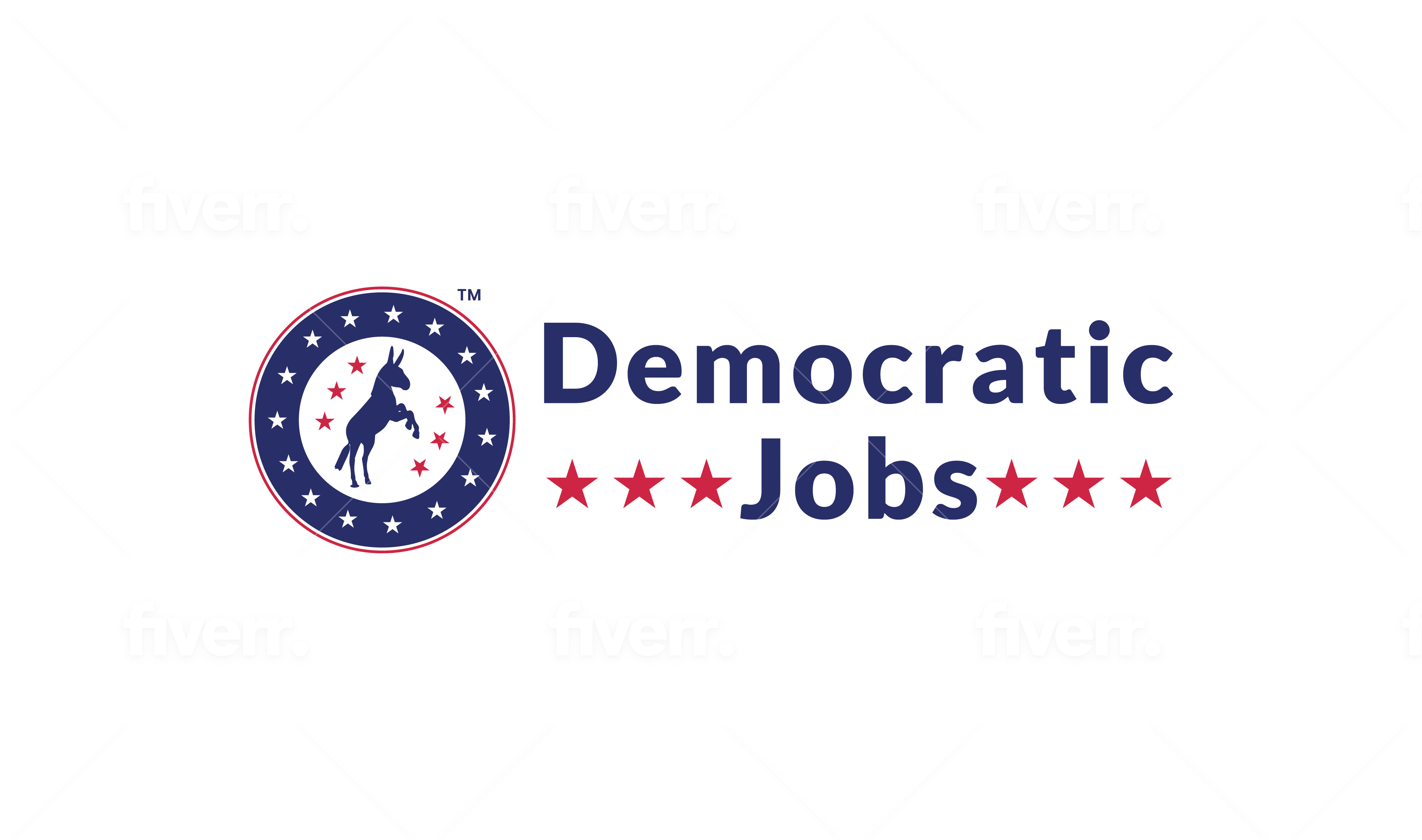Dallas, Texas - The Live Music Capital of the World
Dallas is a major city in the U.S. state of Texas with a population of over 1.3 million people, making it the 9th most populous city in the country. Located in North Texas, Dallas is the main core of the largest metropolitan area in the Southern United States and the largest inland metropolitan area in the country.
Population
As of 2019, the population of Dallas was estimated to be 1,304,379 people according to Wikipedia. It is the 3rd most populous city in Texas behind Houston and San Antonio. The 13 county Dallas-Fort Worth-Arlington metropolitan area has a population of over 7 million, making it the 4th largest metro area in the United States.
History
Dallas was founded in 1841 and formally incorporated in 1856. The city was originally located along the Trinity River before expanding into North Texas prairies. Early settlers were attracted to the area's rich soil and the availability of water.
In the late 19th and early 20th centuries, Dallas became an important trading hub for cotton and other goods. It was a center of oil extraction and refining in the early 1900s. Major transportation infrastructure was built in Dallas in the mid-20th century including Dallas/Fort Worth International Airport, one of the largest and busiest airports in the world.
Dallas' economy became more diversified in the later part of the 20th century as the city grew into a national financial hub. The telecommunications and computer revolutions also contributed to significant growth. Today Dallas is considered a global city and an important destination for high-tech, banking, energy and healthcare industries.
For more history, visit the Dallas Historical Society at 411 Elm St, Dallas, TX 75202, (214) 741-9212.
Economy
As a major metropolitan center, Dallas has a strong and diverse economy. Many major corporations are headquartered in Dallas or have a significant presence in the city including:
- AT&T - 208 S. Akard St, Dallas, TX 75202, (800) 331-0500
- Texas Instruments - 12500 TI Blvd, Dallas, TX 75243, (972) 995-2011
- American Airlines - 1 Skyview Dr, Fort Worth, TX 76155, (800) 433-7300
- Southwest Airlines - 2702 Love Field Dr, Dallas, TX 75235, (214) 792-4000
- Tenet Healthcare - 1445 Ross Ave, Dallas, TX 75202, (469) 893-2200
Other major sectors in Dallas' diverse economy include technology, financial services, healthcare, tourism and more. The Dallas-Fort Worth area had a GDP of over $613 billion in 2019 according to data from the Federal Reserve Bank of St. Louis.
Landmarks
Some of the most famous landmarks and attractions in Dallas include:
- Reunion Tower - 300 Reunion Blvd E, Dallas, TX 75207, (214) 655-1374
- Dallas World Aquarium - 1801 N Griffin St, Dallas, TX 75202, (214) 720-2224
- Sixth Floor Museum at Dealey Plaza - 411 Elm St, Dallas, TX 75202, (214) 747-6660
- Dallas Arboretum and Botanical Garden - 8525 Garland Rd, Dallas, TX 75218, (214) 515-6500
- Dallas Zoo - 650 S R L Thornton Fwy, Dallas, TX 75203, (469) 554-7500
- Perot Museum of Nature and Science - 2201 N Field St, Dallas, TX 75201, (214) 428-5555
The Reunion Tower located at 32°46'52.0"N 96°47'45.9"W has an observation deck 561 feet above ground providing 360 degree views of Dallas.
The Dallas World Aquarium located at 32°46'44.2"N 96°48'14.1"W has thousands of animals and marine life from around the world.
The Sixth Floor Museum located at 32°46'48.6"N 96°48'28.7"W details the assassination of President John F. Kennedy and legacy.
Public Transportation
Public transportation in Dallas and surrounding suburbs is provided by Dallas Area Rapid Transit (DART). DART operates light rail, buses, commuter rail and other transit services in the area. Major facilities include:
- Dallas Area Rapid Transit Headquarters - 1401 Pacific Ave, Dallas, TX 75202, (214) 979-1111
- Kay Bailey Hutchison Convention Center Station - 650 S Griffin St, Dallas, TX 75202
- West End Station - Pacific Ave & Woodall Rodgers Fwy, Dallas, TX 75202
For schedules, routes and fares, visit the DART website or Facebook page.
Major Employers
Major private and public sector employers in Dallas include:
- Texas Health Resources - 612 E Lamar Blvd #600, Arlington, TX 76011, (682) 236-6000
- Baylor Scott & White Health - 2001 Bryan St Suite 2200, Dallas, TX 75201, (214) 820-0600
- City of Dallas - 1500 Marilla St, Dallas, TX 75201, (214) 670-4050
- Dallas Independent School District - 9400 N Central Expy, Dallas, TX 75231, (972) 925-3700
- Dallas County - 411 Elm St #100, Dallas, TX 75202, (214) 653-6111
Counties
Dallas is located primarily in Dallas County, but also extends into Collin, Denton, Kaufman and Rockwall counties. Dallas County offices are located at:
Dallas County Administration Building
411 Elm Street Dallas, TX 75202
(214) 653-6111
More information can be found on the Dallas County website.
School Districts
Major school districts serving the Dallas area include:
There are many public and private education options in Dallas and surrounding areas.
Additional Local Resources
Here are some other useful local resources in Dallas:
- Dallas Public Library - 1515 Young St, Dallas, TX 75201, (214) 670-1400
- Dallas Museum of Art - 1717 N Harwood St, Dallas, TX 75201, (214) 922-1200
- The Village Church - Multiple locations in Dallas-Fort Worth area
- Dallas Parks & Rec - 1500 Marilla St, Dallas, TX 75201, (214) 670-4100
- Dallas Code Compliance - 320 E Jefferson Blvd, Dallas, TX 75203, (214) 670-3555



